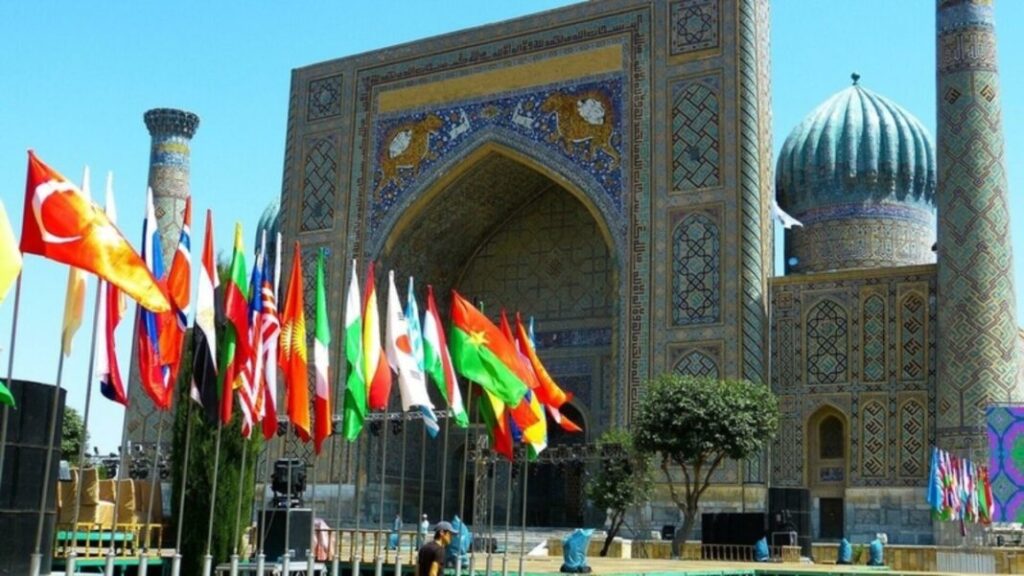Major diplomatic development in Central Asia

By Valentin Yakushik
This week the attention of analysts is fixed on diplomatic developments in Central Asia. A series of meetings of the top leaders of the non-Western world are coming up in various institutional formats: a) in the multilateral framework of the SCO – the summit of the Shanghai Cooperation Organization in Samarkand on 15-16 September 2022; and b) in the framework of bilateral meetings of country leaders.
The non-Western world will be represented by its three main components: The principal nucleus, not yet united but already established, consists of a powerful and geopolitically cautious China and its now substantially weakened northern neighbour –the Russian Federation, whose leadership faces the gravest consequences of its geopolitical adventures.
Second, the important, fairly powerful non-Western countries (India and Pakistan, as well as Turkey, which is a partner, but not a member of the SCO), who clearly assert their special positions in the global world, but do not allow excessive confrontation with the West – the current geopolitical and geoeconomic hegemon.
In particular, Turkey’s leaders are well aware that in order to pursue their ambitious, multi-stage geopolitical agenda, it is important to maintain the current system of partnerships “across the board” that benefits their economy, and to avoid situations in which any of the “heavyweights” of modern geopolitics would suddenly try to contribute to destabilising the political situation in Turkey, especially in the critical forthcoming pre-election period.
Third, the countries whose leaderships would in principle be prepared to join the hegemon, but understand that in the current rather uncertain conditions, and especially given the particular political and economic geography of the Central Asian region, it is better to try to take a “middle ground” by adhering to the oriental wisdom (“don’t rush into things”, etc.).
The forthcoming series of meetings of the leaders of this “non-Western” group of countries will be important for them to better understand the possibilities and limitations of implementation of their strategic and tactical plans. And for the Ukrainian state at the current stage of its development as an important part of the united West, these political (diplomatic) events are of only minimal importance and do not influence the fundamental developments in the country and its geopolitical positioning. They require only careful observation and some adaptation to the ongoing political and economic shifts, as well as preserving the line of marginalization of the attempts by certain (geopolitically) radical forces to destroy the currently existing complex and delicate system of economic and political relations between Ukraine and the People’s Republic of China.
The author is a Kiev-based political scientist and commentator.
We welcome all pitches and submissions at IAR via email: iareview2019@gmail.com